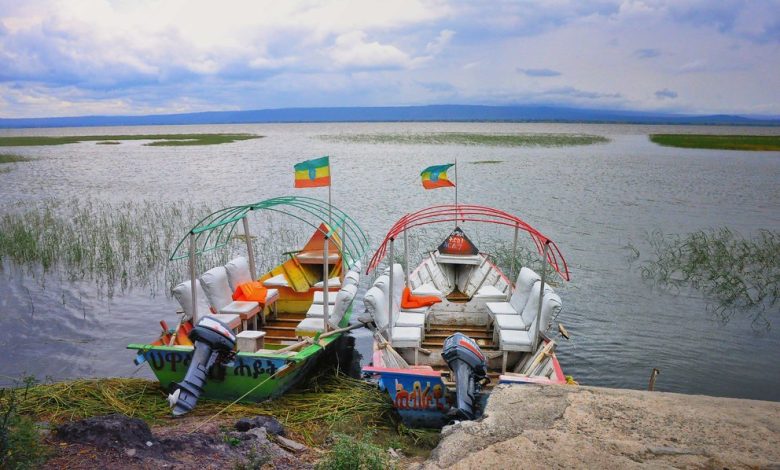Hawassa, Ethiopia: A Bustling Urban Center on the Rise

Situated on the banks of Lake Awassa in Ethiopia, the city of Hawassa has witnessed remarkable growth since 2017, primarily due to the Hawassa Industrial Park.
This development has seen the city’s annual GDP growth multiply by four, initially attracting textile and apparel companies.
Before the Covid-19 pandemic, the park employed over 35,000 workers, a number which dipped to 26,000 in 2020 but has been on the rise again.
ALSO READ: Why Ethiopians Celebrate Christmas on January 7
Hawassa, Ethiopia: A City in Dynamic Transformation
As the capital of the Sidama region, a key coffee-producing area, Hawassa holds immense potential for growth beyond textiles.
Abrhame Endrias, CEO of Lersha, a digital platform linking Ethiopian farmers with suppliers, sees significant opportunities in the processing of local agricultural products like coffee, avocado, and fruits.
Besides agriculture, the city’s scenic lakeside location positions it as an ideal spot for tourism and associated services.
Despite existing hotels, Endrias believes the tourism industry in Hawassa is underdeveloped.
He suggests that beyond luxury accommodations, enhanced training for tourism personnel could elevate the city’s appeal. Quality service and effective communication in hotels are crucial for a satisfying tourist experience.
Another area of opportunity is housing, especially since about 91% of the industrial park’s workforce are migrants from rural areas.
For Endrias, Hawassa’s blend of industrial, agricultural, and natural resources, coupled with a growing population, presents a diverse range of business possibilities in sectors like agriculture, construction, commerce, and tourism.
Related posts:
- Longest Highway: Where is the Longest Highway in Africa
- Majang People in Ethiopia: Language, Culture and Economy
- The Amazing Blood Drinking Culture of the Bodi Tribe of Ethiopia
- How Emperor Menelik II defeated the Italians in the Battle of Adwa, Making Ethiopia the only African Country Never to be Colonized





